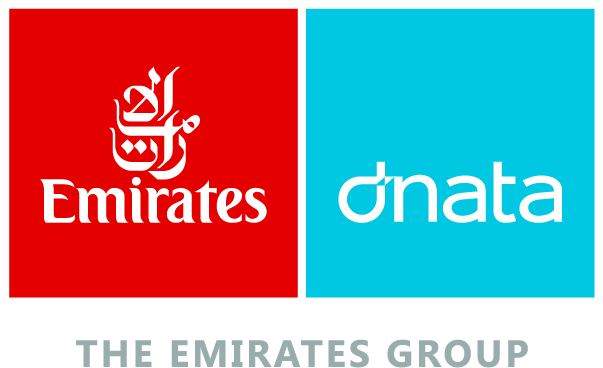
Photo of Tehmina Sattar, Manager, Treasury Systems, Policies and Procedures, Emirates Group.
Tehmina Sattar
Manager, Treasury Systems, Policies and Procedures, Emirates Group

dnata is part of the Emirates Group, headquartered in Dubai, UAE. It was established in 1959 and is now one of the largest air service providers in the world, with operations across 35 countries. Its main activities are in cargo, ground handling, catering and travel services.
An automated risk management programme
The challenge
FX risk is a key component of negotiations between hotels and travel agents. In 2018, dnata set out to centralise functions for its travel business by creating Yalago to act as a bedbank – in other words, a company that negotiates special rates with hoteliers.
As well as centralising the sourcing of room supply, the creation of Yalago would enable dnata to centralise its payments. Another primary goal was to remove FX risk from the individual travel businesses owned by dnata, and centralise this within the bedbank. This would be accomplished by negotiating pricing in local currency with hotel suppliers, while simultaneously enabling travel agents to pay in their domestic currencies.
In doing so, Yalago would act as a marketplace and warehouse the FX risk. Given the scale and scope of the travel business, the key challenge was to find an FX solution that could manage the risk on a real-time basis while providing visibility over costs and risks to group treasury and the travel business.
The solution
The solution was built using Barclays’ BARX NetFX platform, which provides automated risk management through host-to-host connectivity between dnata’s reservation system and the bank’s FX engine. Using this solution, dnata outsources its FX risk from Yalago to Barclays at pre-agreed pricing, with complete automation across the lifecycle of a booking.
dnata’s reservation system is directly integrated with the platform, while FX rates are consumed dynamically and used within the reservation system for pricing purposes. Each booking has a corresponding set of micro FX trades that hedge both the receivable and the payable side of the transaction for Yalago. The solution encompasses a range of complex scenarios, such as multi-room bookings, amendments and cancellations.
Reversals of FX trades are processed at the same rate as the original bookings, thereby eliminating the residual FX risk. Meanwhile, the netting functionality within BARX NetFX ensures that cost of risk management is optimised. Reporting is configured to take place on a daily basis for monitoring purposes, and reports are uploaded to the TMS for an automated reconciliation process. These reports provide full transparency and are able to trace how each booking has generated a set of FX trades, from inception to settlement, and vice versa. Lastly, the solution operates on a 24/7 basis.
Best practice and innovation
This technology-focused solution involved the creation of unique code and the use of APIs to automate manual processes. Experts from treasury worked alongside the company’s business managers to understand the intricacies of the travel business, while programmers worked with FX specialists to develop system interactions. In addition, project managers on all sides collaborated closely to achieve a highly complex project delivery.
The resulting centralisation of FX risk enables dnata to offer local currency invoicing and settlement to its travel agents and suppliers. This is a uniquely attractive proposition for external travel agents and suppliers who want to use the Yalago platform.
The solution has been robustly tested and is integrated in the company’s reservation system. It therefore gives dnata the ability to scale its business without directly worrying about foreign exchange implications.
Key benefits
The solution is built to handle scale and growth. FX risk is outsourced to a specialist risk manager and as such, adverse market movements do not impact dnata directly. During the COVID-19 pandemic, FX trades have been processed as usual, despite the sudden shift in risk patterns caused by the surge in booking cancellations across the industry.
The cost of FX risk management is crystallised and known upfront. There is full transparency over the cost of risk management, down to each micro trade. Additionally, the platform provides detailed reporting that enables treasury managers to monitor the overall risk generated from the travel business, as well as oversight on trade bookings and settlements – something that previously wasn’t very visible.
Finally, the solution is configurable, with the ability to add new currencies, settle with multiple payment providers and optimise a dnata-controlled FX mark-up for specific agents if required.